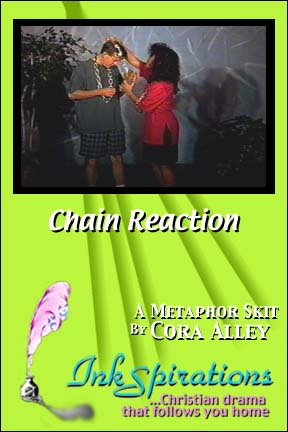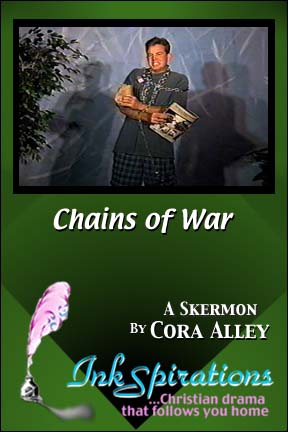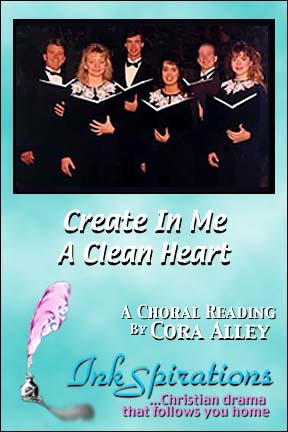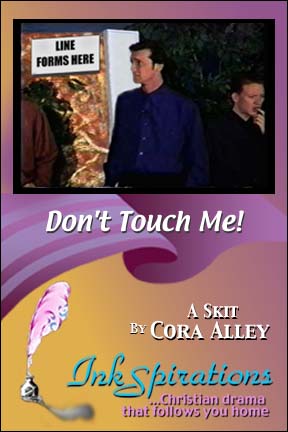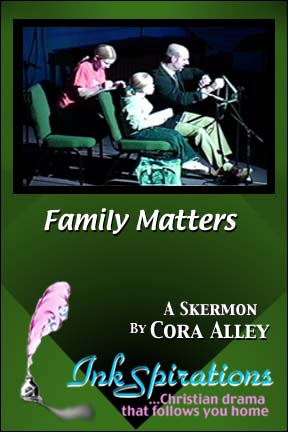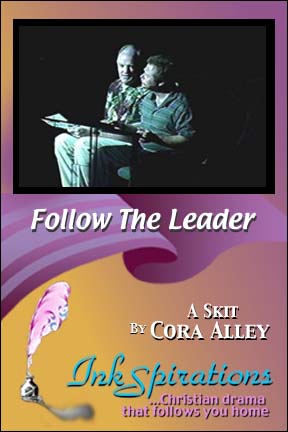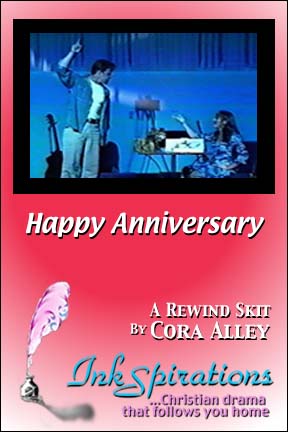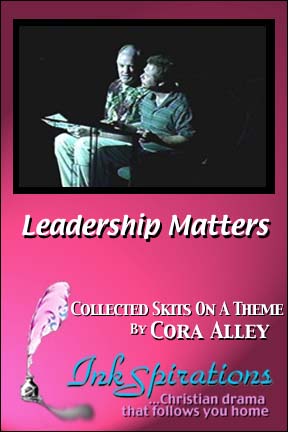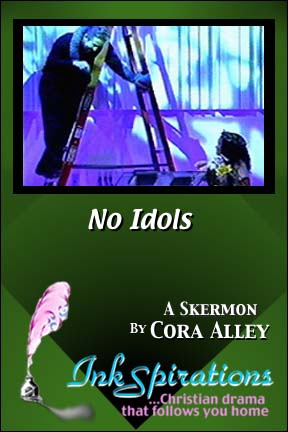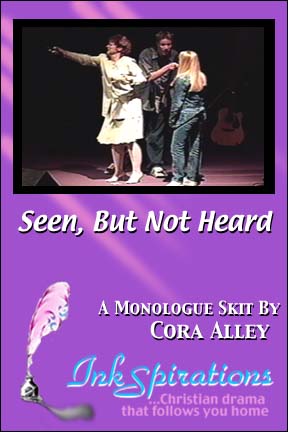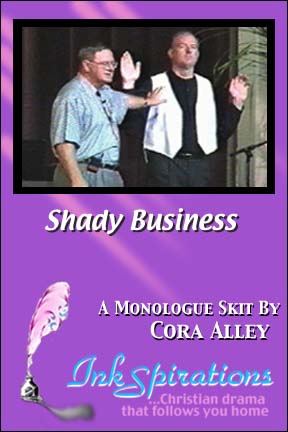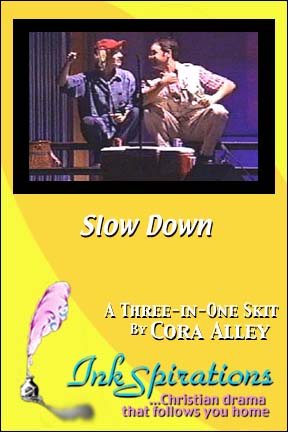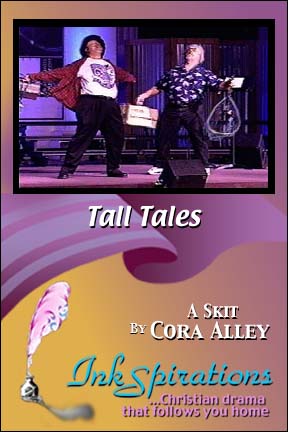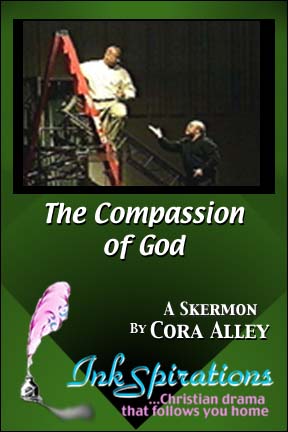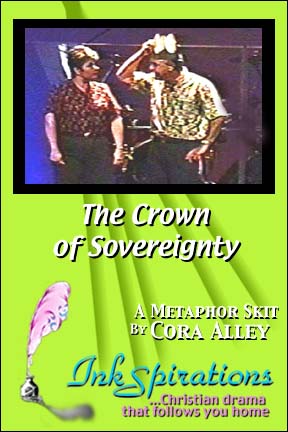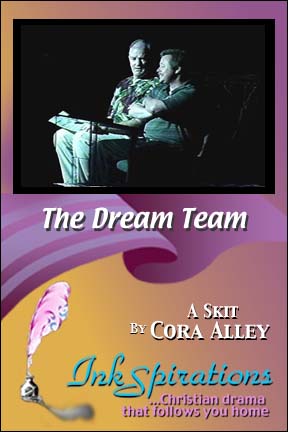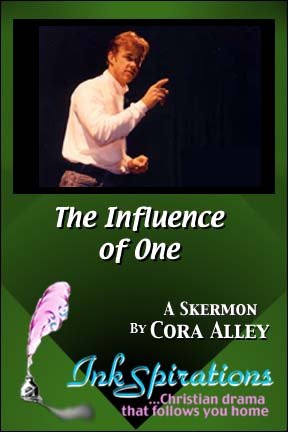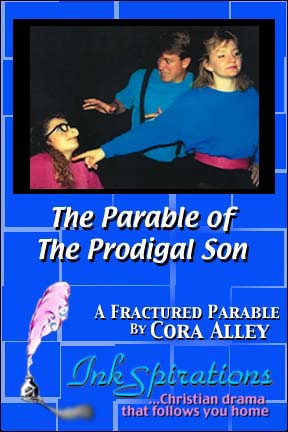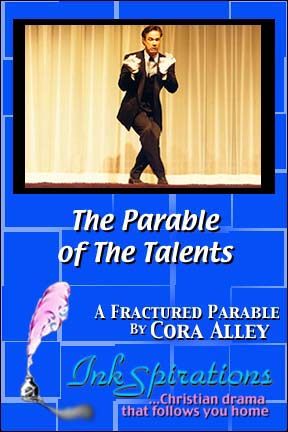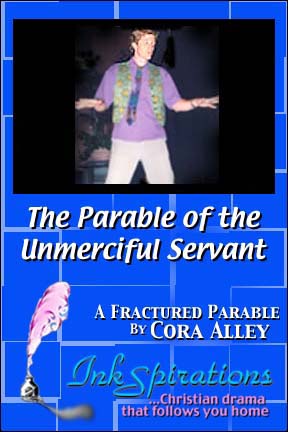-
 The effect of a bad Christian witness is the topic of this "Skermon" (skit/sermon). Brian gets a "bad taste" of Christians after being yelled at by a street evangelist and escaping a theological argument. The pastor presents sermon parts during freezes in the vignettes or at the end during a group freeze.
The effect of a bad Christian witness is the topic of this "Skermon" (skit/sermon). Brian gets a "bad taste" of Christians after being yelled at by a street evangelist and escaping a theological argument. The pastor presents sermon parts during freezes in the vignettes or at the end during a group freeze. -
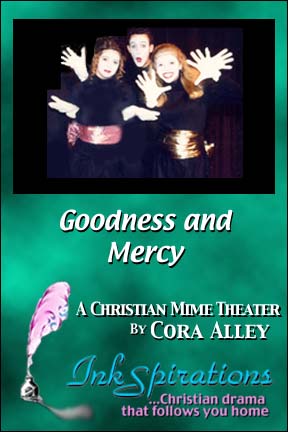 This Christian Mime Theater skit reminds us that God promises to surround us with goodness and cloak us in His mercy in every circumstance of our lives, even in the valleys. It is an excellent sermon illustration to remind believers that Jesus is the "Good Shepherd," who provides rest and safety to us, His sheep.
This Christian Mime Theater skit reminds us that God promises to surround us with goodness and cloak us in His mercy in every circumstance of our lives, even in the valleys. It is an excellent sermon illustration to remind believers that Jesus is the "Good Shepherd," who provides rest and safety to us, His sheep.



